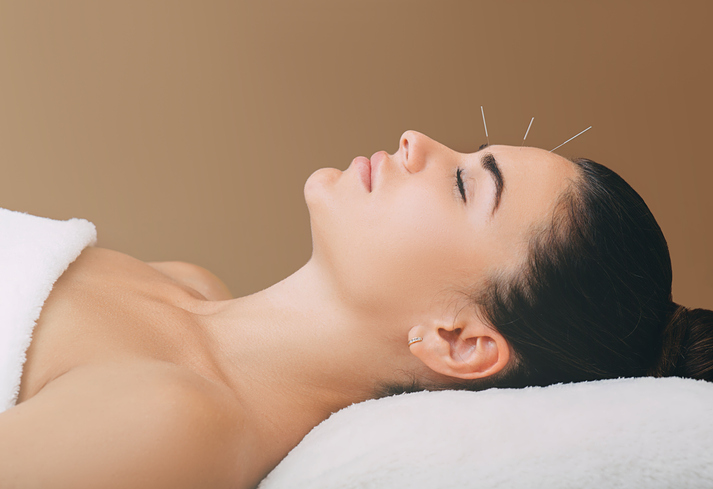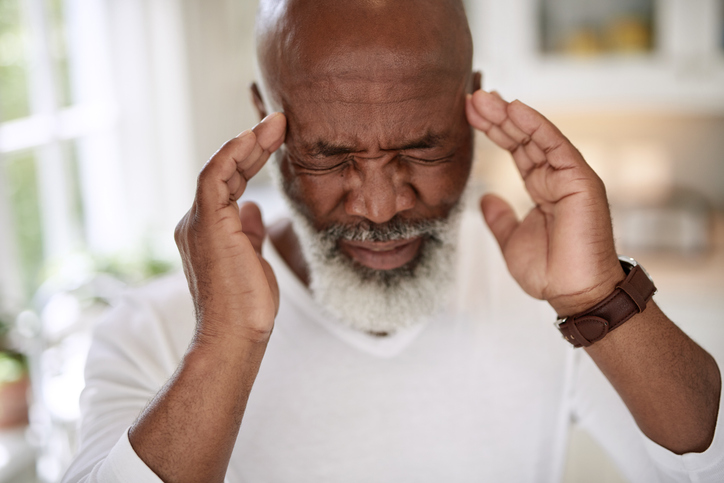Pain
Possible Migraine Triggers

In addition to foods and beverages, various environmental and lifestyle factors can also trigger migraines. Common migraine triggers include the following:
- Hormonal changes in women — Fluctuations in estrogen surrounding the menstrual cycle can lead to migraines. Oral contraceptives or hormone replacement therapy can also be to blame.
- Stress — Physiological and psychological stress are common triggers. Migraines can occur during or after stressful events.
- Hunger or dehydration — Skipping meals lowers blood glucose levels, which is associated with migraines. Maintaining proper nutrition and hydration is important.
- Sensory stimuli — Strong sensory stimuli are common migraine triggers. Examples include bright/flashing lights, loud music/sounds, and strong smells, such as perfume or cigarette smoke.
- Weather changes — Changes in temperature or barometric pressure can trigger an attack. Thunderstorms can also trigger a migraine.
- Too much or not enough sleep — Any changes in sleep patterns, including too little/too much sleep or jet lag, can trigger a headache.
- Physical activity — Intense exercise can be a trigger. Even sexual activity can be a trigger; however, in some cases, it may provide improvement.
Keeping track of possible triggers
Keeping a headache diary can help identify migraine patterns and personal migraine triggers. In addition to recording the date, time, and severity of a migraine, lifestyle factors, such as food and drink consumption, current stress levels, physical activity, and sleep patterns, should be noted. Environmental factors, such as weather changes and any exposure to strong sensory stimuli, should also be recorded. Identifying patterns and avoiding triggers can reduce migraine frequency.
Utilizing pain logs in the PainScale app can be helpful. A trigger section is available in each pain log to record possible migraine triggers. The “notes” section located in the PainScale journal section can also be used to record specific migraine information.


















